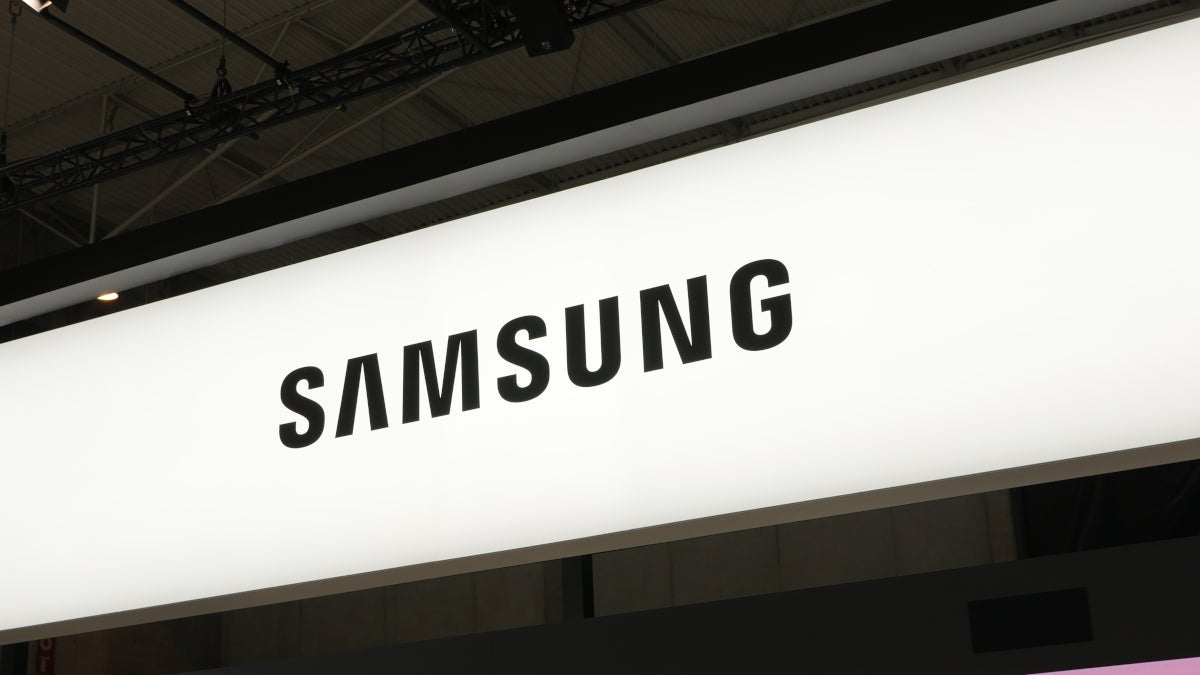
Market researcher TrendForce indicated that the walkout was unlikely to impact DRAM or NAND flash memory production or cause shipment shortages, as manufacturing is highly automated. The strike also appeared to involve more workers from the firm’s Seoul headquarters than from production sites and was planned for just a single day.
The strike follows recent worker protests outside Samsung offices in Seoul and a chip production site in Hwaseong, south of the capital. These protests began after Samsung Electronics decided to increase wages this year by 5.1%. The NSEU, the largest of the five unions at the firm, seeks further commitments, including improvements to the performance-based bonus system and an additional day of annual leave.
Last week, a coalition of five unions at Samsung affiliates, including another smaller Samsung Electronics union, called on the NSEU to pursue negotiation rather than confrontation, signaling that they would not join the strike.
Samsung Electronics’ run of success is being challenged in some areas, particularly in cutting-edge chips. It recently replaced the head of its semiconductor unit to navigate what it termed a “crisis” affecting the industry.
While facing challenges in its chip business, Samsung managed to dethrone Apple as the top smartphone seller globally in the first quarter, accounting for 20% of shipments, according to research firm Counterpoint.
#years #Samsung #Electronics #confronts #union #strike #time


